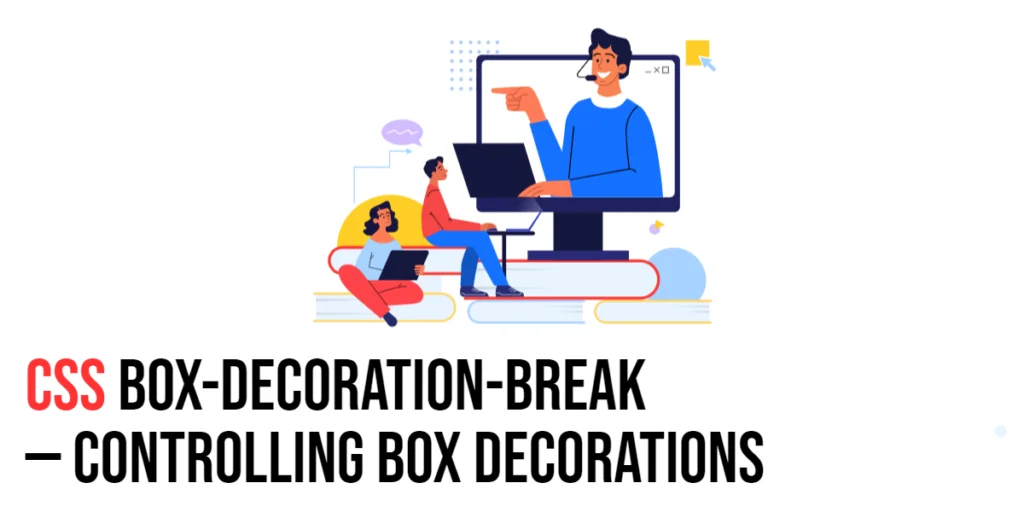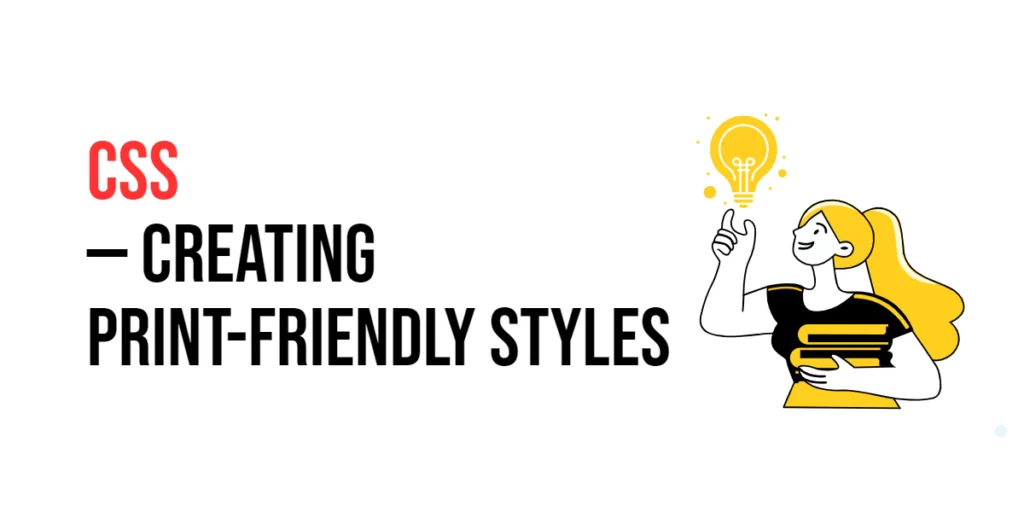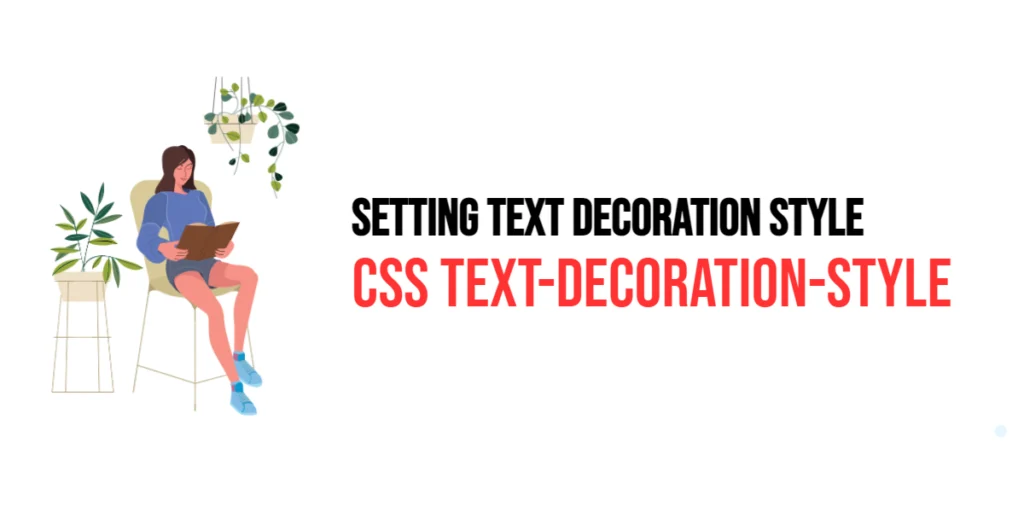The box-decoration-break property in CSS is used to control how box decorations are applied to fragments of an element. This property is particularly useful when an element is split across multiple lines, pages, or columns, and you want to control whether the box decorations are continuous or start anew for each fragment. By using the box-decoration-break property, designers can ensure consistent and visually appealing decorations for elements, regardless of how they are broken up in the layout.

with hands-on learning.
get the skills and confidence to land your next move.
Controlling box decorations is essential for maintaining design integrity in complex layouts, such as multi-column texts, paginated content, and responsive designs. The box-decoration-break property supports values like slice and clone, allowing for precise control over how decorations are applied. This article will explore the principles of the box-decoration-break property in CSS, provide practical examples, and discuss best practices for its implementation. By the end of this article, you will have a comprehensive understanding of how to control box decorations effectively.
Understanding the Box-Decoration-Break Property in CSS
The box-decoration-break property in CSS specifies how the decorations (borders, padding, backgrounds, etc.) of an element are applied when the element is broken into multiple fragments. It can take values such as slice and clone.
<!DOCTYPE html>
<html lang="en">
<head>
<meta charset="UTF-8">
<meta name="viewport" content="width=device-width, initial-scale=1.0">
<style>
.basic-box-decoration-break {
display: inline-block;
padding: 10px;
border: 2px solid blue;
background-color: lightblue;
box-decoration-break: slice;
}
</style>
<title>Basic Box-Decoration-Break Usage</title>
</head>
<body>
<p>This is a <span class="basic-box-decoration-break">basic example</span> of using the box-decoration-break property in CSS.</p>
</body>
</html>In this example, the .basic-box-decoration-break class sets the box-decoration-break property to slice, which means that the box decorations are applied as if the element were not broken into fragments. This basic usage demonstrates how to use the box-decoration-break property to control box decorations.
Using Box-Decoration-Break with Different Values
The box-decoration-break property can be set using different values, such as slice and clone. These values control whether the box decorations are continuous or restarted for each fragment.
<!DOCTYPE html>
<html lang="en">
<head>
<meta charset="UTF-8">
<meta name="viewport" content="width=device-width, initial-scale=1.0">
<style>
.slice-decoration {
display: inline-block;
padding: 10px;
border: 2px solid red;
background-color: lightcoral;
box-decoration-break: slice;
}
.clone-decoration {
display: inline-block;
padding: 10px;
border: 2px solid green;
background-color: lightgreen;
box-decoration-break: clone;
}
</style>
<title>Box-Decoration-Break Values</title>
</head>
<body>
<p>This is a <span class="slice-decoration">slice example</span> of using the box-decoration-break property.</p>
<p>This is a <span class="clone-decoration">clone example</span> of using the box-decoration-break property.</p>
</body>
</html>In this example, the .slice-decoration and .clone-decoration classes use different values for the box-decoration-break property. The slice value ensures that the box decorations are continuous, while the clone value restarts the decorations for each fragment. This demonstrates how to apply different values to the box-decoration-break property.
Combining Box-Decoration-Break with Other CSS Properties
The box-decoration-break property can be combined with other CSS properties like border, padding, and background to achieve more complex and visually appealing effects.
<!DOCTYPE html>
<html lang="en">
<head>
<meta charset="UTF-8">
<meta name="viewport" content="width=device-width, initial-scale=1.0">
<style>
.combined-decoration {
display: inline-block;
padding: 10px;
border: 2px dashed purple;
background-color: lightyellow;
box-decoration-break: clone;
}
</style>
<title>Combining Box-Decoration-Break with Other Properties</title>
</head>
<body>
<p>This is a <span class="combined-decoration">combined example</span> of using the box-decoration-break property with other CSS properties.</p>
</body>
</html>In this example, the .combined-decoration class combines the box-decoration-break property with border, padding, and background properties. The clone value is used to restart the decorations for each fragment, creating a distinct visual effect. This demonstrates how to use the box-decoration-break property in conjunction with other CSS properties to create complex styles.
Best Practices for Using Box-Decoration-Break
To effectively use the box-decoration-break property, it is important to follow best practices such as maintaining consistency, using appropriate values for different design contexts, and ensuring accessibility.
<!DOCTYPE html>
<html lang="en">
<head>
<meta charset="UTF-8">
<meta name="viewport" content="width=device-width, initial-scale=1.0">
<style>
.best-practices-decoration {
display: inline-block;
padding: 10px;
border: 2px solid black;
background-color: lightgray;
box-decoration-break: slice;
margin: 10px auto;
}
</style>
<title>Best Practices for Box-Decoration-Break</title>
</head>
<body>
<p>This is a <span class="best-practices-decoration">best practices example</span> of using the box-decoration-break property.</p>
</body>
</html>In this example, the .best-practices-decoration class follows best practices by using a consistent value for the box-decoration-break property, applying a reasonable border and background style, and ensuring that the element is visually distinct and accessible. This approach helps maintain visual consistency and accessibility in web design.
Conclusion
The box-decoration-break property in CSS is a versatile tool for controlling how box decorations are applied to elements that are fragmented. By understanding and utilizing different values such as slice and clone, you can create visually appealing and functional designs.
Experiment with different box-decoration-break property techniques to see how they can enhance your web projects. For further learning, explore resources such as the MDN Web Docs on CSS box decoration properties. By continuing to practice and experiment, you will become proficient in using the box-decoration-break property to control box decorations effectively.







